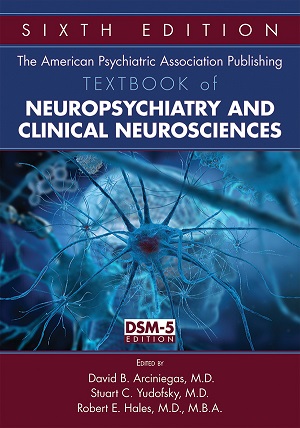Sections
Excerpt
Autism spectrum disorder (ASD) is a lifelong neurodevelopmental disorder defined by diagnostic criteria that include deficits in social communication and social interaction and restricted, repetitive patterns of behavior, interests, or activities (American Psychiatric Association 2013). Autism is a disorder with heterogeneity in phenotypes, including a spectrum of cognitive, communication, and behavioral differences and differences in etiology and outcomes. Initial signs and symptoms typically are apparent in the early developmental period. However, social deficits and behavioral patterns might not be recognized as symptoms of ASD until a child or adult is unable to meet social, educational, occupational, or other important life stage demands. Thus, individuals may not receive an accurate diagnostic assessment until they are well into adult years.
Access content
To read the fulltext, please use one of the options below to sign in or purchase access.- Personal login
- Institutional Login
- Sign in via OpenAthens
- Register for access
-
Please login/register if you wish to pair your device and check access availability.
Not a subscriber?
PsychiatryOnline subscription options offer access to the DSM-5 library, books, journals, CME, and patient resources. This all-in-one virtual library provides psychiatrists and mental health professionals with key resources for diagnosis, treatment, research, and professional development.
Need more help? PsychiatryOnline Customer Service may be reached by emailing [email protected] or by calling 800-368-5777 (in the U.S.) or 703-907-7322 (outside the U.S.).



